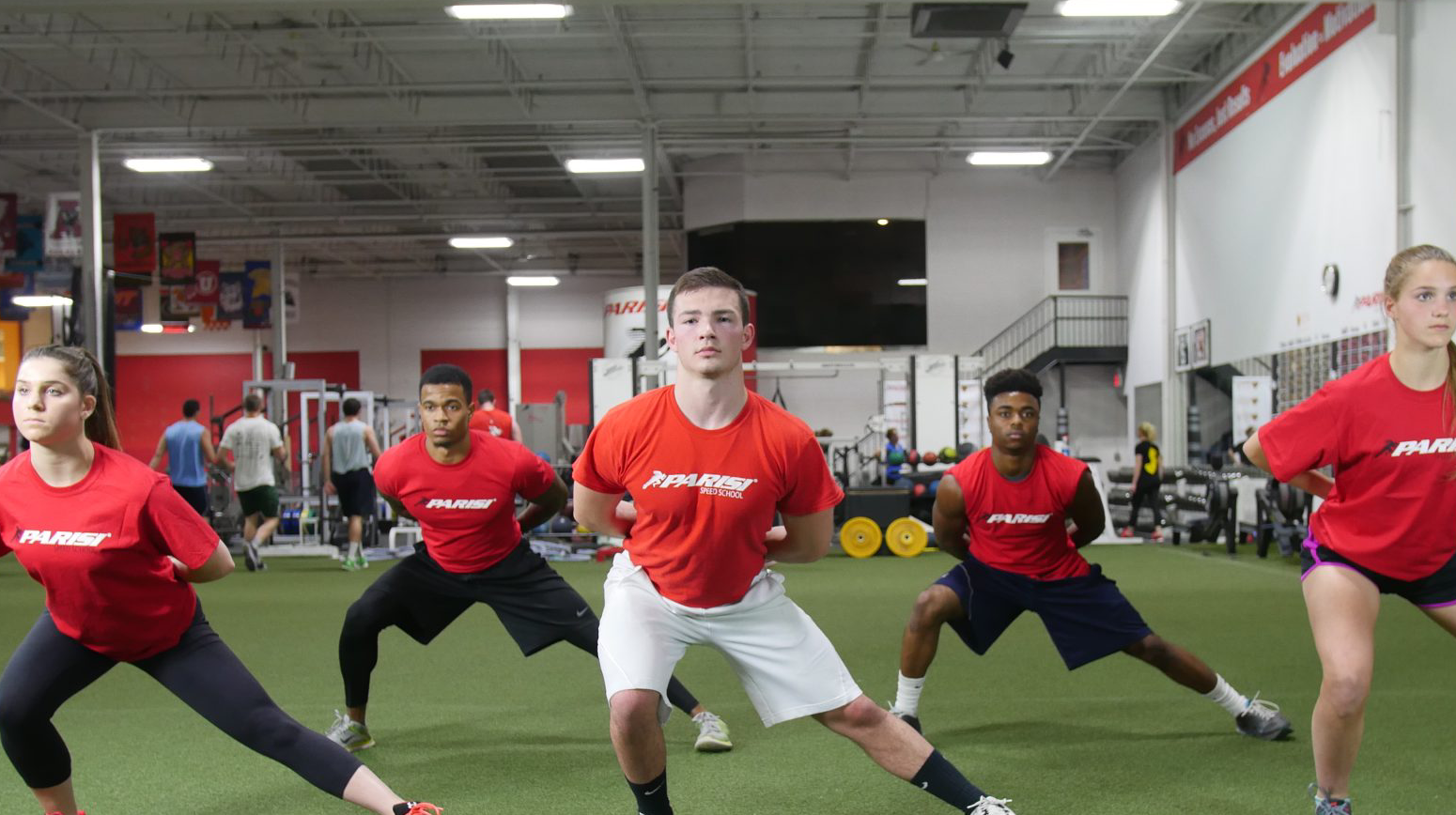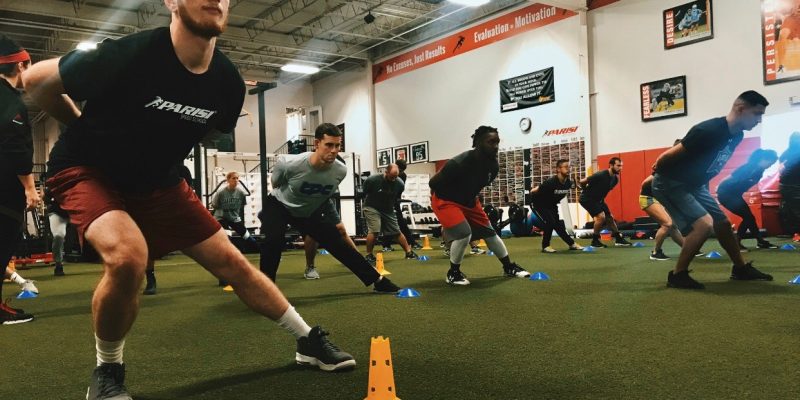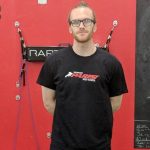Nutrition and recovery are critical aspects of long-term athletic development that are often overlooked. As the physical demands of sport increase with age and competitive level, it’s important that we take a few simple steps to keep our athletes healthy, happy and recovered! With just a few basic guidelines we can make a significant impact on our children’s health and athletic future. Here are some things to think about:
1. Nutrition
Eat real food, all day. The majority of athletes, particularly at the high school level, simply need to eat more food, and real food. Along with at least three balanced meals a day, athletes should also be eating around their workout or practice. Having some chocolate milk, or a granola bar directly after a workout, or even before, is a critical step in starting the recovery process.
2. Sleep
Our kids need 8 hours, minimum. During periods of hard training, they probably need more. At least 8, and catching up on weekends doesn’t work. It needs to be consistent.
3. Soft Tissue
It’s important that athletes develop a consistent routine of total body foam rolling and soft tissue work. This goes a long way in keeping muscles and joints healthy and strong to avoid injuries!
4. Offseason
Every sport needs and off-season. A 10-year-old should not play the same sport 12 months out of the year, unless we want them to quit in high school. Multi-sport athletes, with appropriate off-seasons, are set up for long-term success.
Taking these steps to encourage recovery and reduce overuse and burnout can make a significant positive impact on an athlete’s long-term development. Remember that 8- and 12-year-olds are not professional athletes, therefore they should not be treated like them. Youth sports should first be fun, playing multiple sports, and most of all, athletes want to be supported, not pressured by their parents. Let the coaches do the coaching, and I promise your child will love you for it.
 About the Author
About the Author
Jake Renaud, CSCS
- NSCA Certified Strength and Conditioning Coach
- Bachelor’s of Science in Exercise Science, Minor: Coaching
- Master’s of Science in Sport Studies: Coaching and Motivation, from the University of New Hampshire
- Certified Parisi Sports Performance Coach
Jake was born and raised in the small town on Lancaster, New Hampshire where he competed as a multisport team captain throughout high school. He went on to compete for the University of New Hampshire Track and Field Team as a hammer thrower, where he became an NCAA East Regional Qualifier and Team Captain. Jake then spent time as a high school track coach and volunteer assistant for the UNH Track and Field Team while developing his expertise as a Strength and Conditioning coach in a Post-Rehabilitation and Sport Performance setting. Jake enjoys working with athletes in a variety of sports recovering from injuries, or working to improve their performance and achieve their goals. Jake has extensive experience working with athletes recovering from ACL repairs or other surgeries and enjoys getting these athletes back on the field stronger than ever! Since moving to Denver last summer, Jake has worked as a Sport Performance Coach and Personal Trainer.


 About the Author
About the Author Don’t Short Change the Warm Up
Don’t Short Change the Warm Up